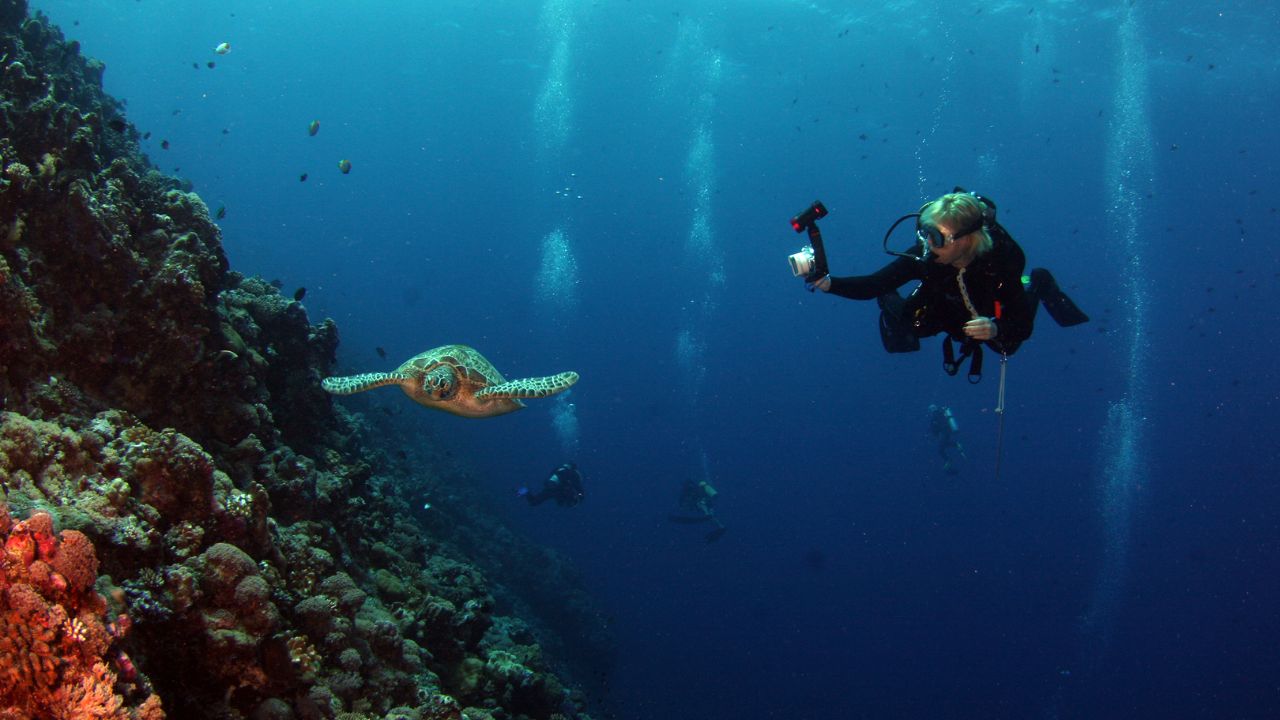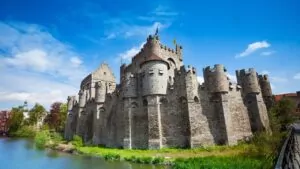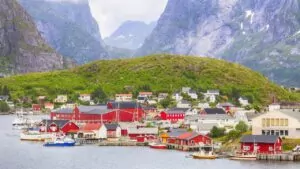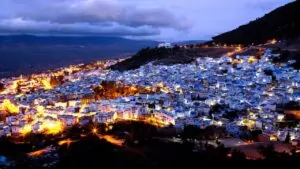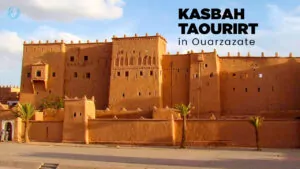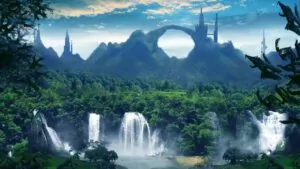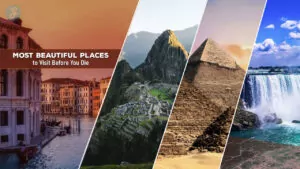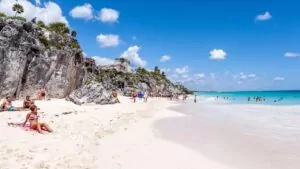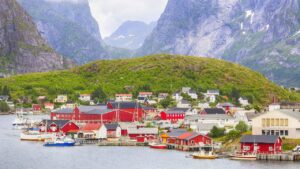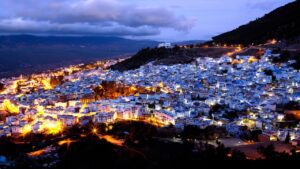Raja Ampat, located in the heart of Indonesia’s West Papua province, is one of the most magical diving destinations in the world. Nicknamed “The Amazon of the Seas,” it holds the crown for marine biodiversity. Home to more than 1,500 species of fish and three-quarters of the world’s coral species, Raja Ampat is a dream for divers. Whether you’re an experienced scuba diver or an adventurous snorkeler, this region offers unforgettable underwater experiences.
The dive sites in Raja Ampat are famous not just for their beauty, but also for their variety. You’ll find coral gardens, steep walls, powerful drift dives, manta rays, and even historical shipwrecks. Let’s dive into the 11 most magical dive sites this paradise has to offer.
Why Raja Ampat Is a Global Diving Hotspot
The waters of Raja Ampat are part of the Coral Triangle, a marine region that boasts the highest diversity of coral reef species in the world. Here are some impressive facts:
Feature |
Details |
Coral Species |
Over 550 species |
Fish Species |
More than 1,500 |
Endemic Marine Life |
Numerous species found nowhere else |
Marine Protected Area Coverage |
1,185,940 hectares |
Best Dive Season |
October to April (calm seas, clear visibility) |
Besides rich biodiversity, the region is also known for its conservation efforts. Local governments and organizations have created marine protected areas (MPAs) to preserve the reefs and marine life. This makes diving here not just thrilling but also environmentally meaningful.
What Makes These Dive Sites in Raja Ampat So Special?
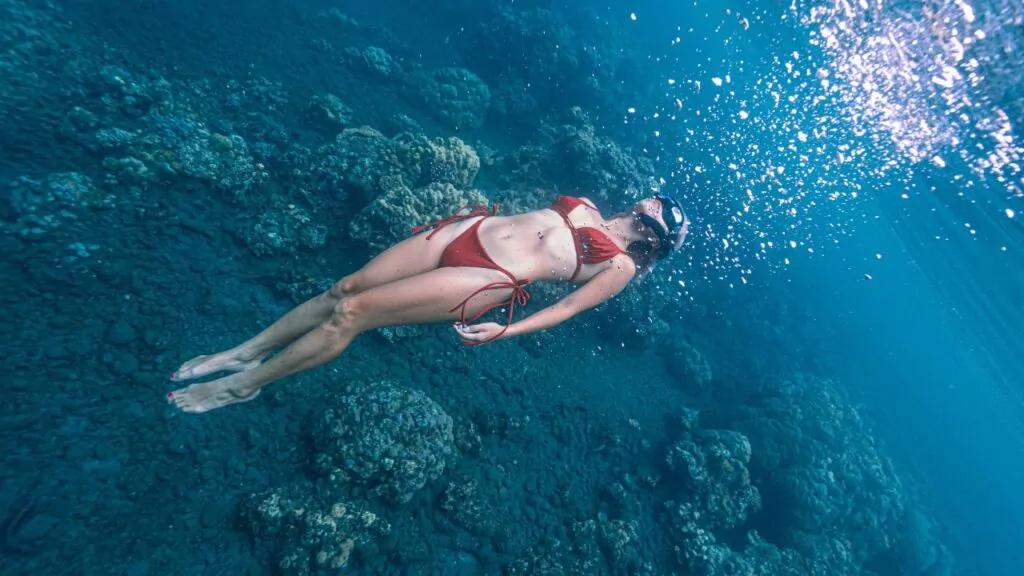
Every dive site in Raja Ampat is unique. Some offer thrilling drifts, while others are calm and filled with macro critters. Here are a few things that make diving in Raja Ampat truly magical:
- Unmatched biodiversity: Expect to see everything from pygmy seahorses to oceanic mantas.
- Excellent visibility: Often 25 to 30 meters.
- Diverse dive environments: Coral gardens, walls, slopes, and underwater rivers.
- Cultural richness: Surface intervals let you explore local Papuan villages and traditions.
Whether you’re into big pelagic species or slow-paced macro photography, these dive sites in Raja Ampat will leave you in awe.
The 11 Magical Dive Sites in Raja Ampat
Raja Ampat offers a stunning array of dive locations, each with its own unique marine ecosystem. Whether you’re chasing schools of fish, diving with manta rays, or exploring coral gardens and shipwrecks, this list will guide you through the most breathtaking underwater experiences in the region.
Raja Ampat is a diver’s dream come true, with each site offering its own unique underwater treasures. From dramatic coral gardens and fish-covered slopes to manta cleaning stations and historic wrecks, this region showcases the incredible diversity of Indonesia’s marine life. Below are the 11 dive sites that best capture the magic and wonder of Raja Ampat.
1. Cape Kri – The World Record Reef
Cape Kri is the crown jewel of Raja Ampat diving. It’s where marine biologist Dr. Gerry Allen recorded the highest number of fish species on a single dive. The reef is bustling with action, offering a thrilling introduction to Raja Ampat’s marine biodiversity.
This site is a must-visit for marine biologists and experienced divers alike. The high current zones attract incredible predator-prey action, making every dive thrilling and full of surprises.
Feature |
Details |
Dive Type |
Drift dive |
Visibility |
20–30 meters |
Highlights |
Schools of barracuda, snapper, trevally |
Best For |
Intermediate to advanced divers |
Expect to be surrounded by swirling schools of fish, reef sharks, and vibrant coral reefs.
2. Blue Magic – Where Mantas Rule

A submerged pinnacle teeming with life, Blue Magic is often visited by both reef and oceanic manta rays. The site lives up to its name with magical underwater spectacles, especially when strong currents bring in bigger marine life.
The site is especially popular during manta season (October to April). Photographers often visit Blue Magic for dramatic shots of mantas cruising above vibrant coral ridges.
Feature |
Details |
Dive Type |
Deep pinnacle |
Depth Range |
8 to 30 meters |
Highlights |
Manta rays, tuna, jacks |
Best For |
All levels (strong current awareness) |
This site is known for magical encounters with oceanic and reef mantas, especially during feeding times.
3. Sardine Reef – Fish Tornado Experience
Despite the name, you won’t see sardines here—but you will witness dense schools of other fish forming swirling vortexes around you. The reef is a magnet for photographers looking to capture epic marine motion.
With its consistent visibility and sheer abundance of fish, this site is a favorite for divers who enjoy high-energy marine encounters and swirling fish action.
Feature |
Details |
Dive Type |
Reef slope |
Depth |
10–40 meters |
Highlights |
Schooling fish, reef sharks, turtles |
Best For |
All divers |
The density of marine life here is mind-blowing. Great for wide-angle shots.
4. Melissa’s Garden – Coral Heaven
This shallow plateau is a living canvas of color. It’s a favorite among underwater photographers and snorkelers, offering a safe yet stunning environment filled with life.
The site is named after a young diver and offers an ideal environment for peaceful, slow-paced exploration, with every inch of reef bursting with life and color.
Feature |
Details |
Dive Type |
Coral plateau |
Depth Range |
5–30 meters |
Highlights |
Layered corals, colorful reef fish |
Best For |
Beginner to intermediate divers |
This is one of the most photogenic dive sites in Raja Ampat.
5. Boo Windows – Swim Through the Rocks
You’ll instantly recognize Boo Windows by the holes eroded through the reef rock. These natural swim-throughs give the site its name and provide an exciting visual element in crystal-clear water.
The iconic “windows” provide excellent lighting for underwater photography, making it a visual feast for divers who enjoy combining art and adventure.
Feature |
Details |
Dive Type |
Wall and swim-through |
Depth Range |
12–40 meters |
Highlights |
Soft corals, macro life, reef sharks |
Best For |
Intermediate divers |
The windows add an element of surreal beauty to your dive.
6. Manta Sandy – Close Encounters with Giants
A sandy channel dotted with coral bommies, Manta Sandy is ideal for watching manta rays hover above cleaning stations. It’s one of the most reliable places to encounter these gentle giants up close.
A favorite for marine life researchers, this site offers rare chances to observe mantas displaying natural behaviors at close range without intrusion.
Feature |
Details |
Dive Type |
Sandy bottom with cleaning stations |
Depth Range |
10–20 meters |
Highlights |
Reef mantas, cleaning behavior |
Best For |
All levels |
Divers must stay behind a rope line to avoid disturbing these gentle giants.
7. Magic Mountain – Hidden Seamount Beauty

This offshore pinnacle is like a bustling underwater city. Magic Mountain is often a highlight of any liveaboard trip, with frequent sightings of majestic mantas and predatory fish.
This location is often considered one of the best dive sites in the world due to its diversity. Encounters with reef sharks, mantas, and snapper schools are almost guaranteed.
Feature |
Details |
Dive Type |
Seamount |
Depth |
7 to 40+ meters |
Highlights |
Oceanic mantas, reef sharks, tunas |
Best For |
Advanced divers |
Expect strong currents and incredible pelagic action.
8. Arborek Jetty – Best for Night Diving
Located just off Arborek Island, this jetty comes alive at night with strange and beautiful creatures. The structure itself attracts marine life, making it an exciting site both day and night.
Night diving here reveals a completely different underwater world, with vibrant colors and curious critters coming out after dark under torchlight.
Feature |
Details |
Dive Type |
Jetty and shallow reef |
Depth Range |
5–15 meters |
Highlights |
Octopus, frogfish, nudibranchs |
Best For |
Beginner to intermediate divers |
You can also explore the nearby Arborek village between dives.
9. Yeben Shallows – Calm and Colorful
The shallow reef system is perfect for long, relaxing dives. Its accessible depth and gentle conditions make it ideal for training dives, macro photography, and snorkeling alike.
This spot is especially great for underwater macro photography and offers the chance to see turtles gliding gently among soft coral gardens.
Feature |
Details |
Dive Type |
Coral reef |
Depth |
3–20 meters |
Highlights |
Colorful corals, reef fish, turtles |
Best For |
All levels |
Calm waters make it ideal for beginners.
10. The Passage – An Underwater River
This narrow, mangrove-lined channel is a mix of jungle and reef underwater. The lighting, shadows, and life patterns here make The Passage a one-of-a-kind dive that blurs the line between river and sea.
Known as one of the most unique dive sites in the world, The Passage combines elements of freshwater river diving with saltwater biodiversity.
Feature |
Details |
Dive Type |
Drift through narrow strait |
Depth Range |
5–25 meters |
Highlights |
Unique flora, macro life, drift diving |
Best For |
Advanced divers (due to currents) |
An unforgettable drift experience through mangrove-lined shores.
11. Cross Wreck – WWII Shipwreck Exploration
Named after its location near a cross on the beach, this Japanese patrol boat wreck is a window into history. Covered in coral and sponge growth, it’s now home to a thriving community of reef dwellers.
Besides its historical significance, the wreck also attracts an impressive amount of marine life, including moray eels and lionfish hiding within its hull.
Feature |
Details |
Dive Type |
Wreck |
Depth |
18–35 meters |
Highlights |
Ship structure, lionfish, scorpionfish |
Best For |
Intermediate to advanced divers |
Ideal for history lovers and wreck diving enthusiasts.
Pro Tips for Divers Exploring Raja Ampat
Tip Category |
Recommendation |
Gear |
Bring your own dive computer and reef-safe sunscreen |
Certification |
Advanced Open Water preferred for stronger sites |
Travel |
Fly into Sorong (SOQ), then take a speedboat to the islands |
Dive Operators |
Choose eco-certified liveaboards or resorts |
Conservation |
Always follow dive codes and avoid touching marine life |

